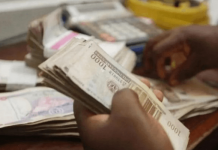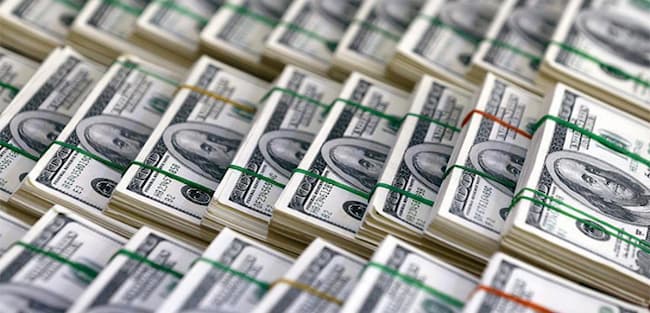In ten months, the Federal Government borrowed N6.31 trillion from the Central Bank of Nigeria through Ways and Means Advances. As a result, the Federal Government’s borrowing from the CBN has increased from N17.46 trillion in December 2021 to N23.77 trillion in October 2022.
According to the Debt Management Office, the N23.77tn due to the apex bank by the Federal Government is not part of the country’s overall public debt stock, which stood at N42.84tn as of June 2022. Only the debts of the Federal Government of Nigeria, the 36 state governments, and the Federal Capital Territory are included in the public debt stock.
Ways and Means Advances is a borrowing tool that the CBN uses to fund budget gaps in the government. According to Section 38 of the CBN Act, 2007, the apex bank may grant temporary advances to the Federal Government with regard to temporary deficiency of budget revenue at such rate of interest as the bank may determine.
The Act read in part, “The total amount of such advances outstanding shall not at any time exceed five per cent of the previous year’s actual revenue of the Federal Government.
“All advances shall be repaid as soon as possible and shall, in any event, be repayable by the end of the Federal Government financial year in which they are granted and if such advances remain unpaid at the end of the year, the power of the bank to grant such further advances in any subsequent year shall not be exercisable, unless the outstanding advances have been repaid.”
However, the CBN has said on its website that the Federal Government’s borrowing from it through the Ways and Means Advances could have adverse effects on the bank’s monetary policy to the detriment of domestic prices and exchange rates.
“The direct consequence of central banks’ financing of deficits are distortions or surges in the monetary base leading to adverse effects on domestic prices and exchange rates i.e macroeconomic instability because of excess liquidity that has been injected into the economy,” it said.
In November of last year, the World Bank urged the Nigerian government against funding deficits by borrowing from the CBN through the Ways and Means Advances, citing budgetary constraints on the country’s spending.
Despite the advice of experts and organizations, the Federal Government has continued to borrow from the CBN to cover budget shortfalls. From January 2020 to November 2021, the Federal Government paid N2.03 trillion in interest on loans obtained from the CBN under the Ways and Means Advances.
It was also revealed that the Federal Government paid N405.93 billion in interest on loans obtained from the CBN between January 2022 and April 2022.
The Managing Director/Chief Executive Officer of Cowry Asset Management Limited, Mr Johnson Chukwu, recently said the central bank’s lending to the government was putting pressure on the exchange rate and the inflation rate, with “liquidity that has no productivity attached to it coming into the system.”
A development economist, Dr Aliyu Ilias, criticised the government for its constant reliance on borrowing, which was unhealthy for the economy.
He further urged the government to seek better ways of generating revenue rather than persistently borrowing from the apex bank.
















